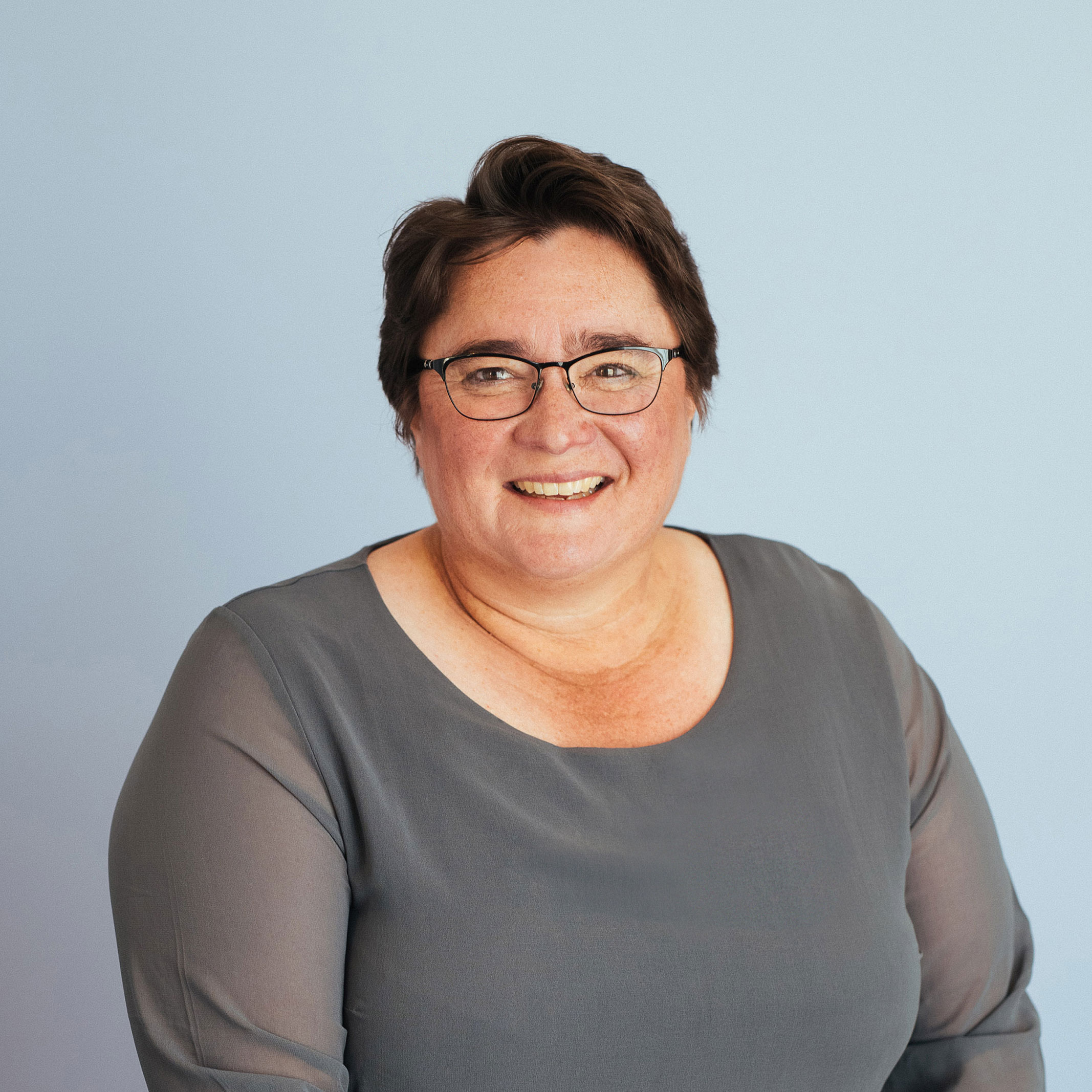
Meg Heffron
Managing Director
Recent statistics from the ATO show that last year, over 90,000 people applied to get early access to some of their super on compassionate grounds and over 53,000 were approved. The end result was that over $1bn left the system.
That does sound like a lot of money although context is important – the super system is around $4 trillion in total so as a proportion it’s still pretty small.
But it’s a lot when you consider the conditions to access super early are tightly controlled.
So how do so many people get their super out early?
The access route that’s the subject of these statistics is a special condition called “compassionate grounds”. Many of those who remember accessing some of their super during Covid-19 did so through a special extra “compassionate ground” added during the pandemic. That’s gone now.
These days, compassionate grounds is back to the usual definition which lets people access their super under a narrower set of circumstances. One of these is if you own your home and are about to lose it because you can’t pay the mortgage – but the bank actually has to threaten to foreclose before this is good enough (and in fact in the recent statistics this only accounted for about 14% of the cases).
Other compassionate grounds relate to things like paying for modifications to your home to accommodate yourself or a dependant with special needs due to a severe disability, or paying for a funeral or palliative care.
But in fact the biggest avenue for releasing super falls under the general heading of medical care. Super can be accessed on compassionate grounds for medical care under pretty extreme circumstances – it must involve life-threatening illness or injury, acute or chronic pain or mental illness and super can only be accessed to cover costs for treatments that aren’t readily available through the public health system. It’s this group that accounted for about 80% of the claims in 2023/24. Around half of those related to dental care and weight-loss treatment with IVF up there too.
Bear in mind that every claim is individually assessed by the ATO and found to meet the criteria – with a lot of evidence required from the member to show that their condition really is so serious this treatment is essential. For medical costs, for example, the ATO needs two medical reports that not only show how much the procedure will cost but also validate the treatment is essential (and remember the bar is high – it must be intended to be life saving or alleviate acute or chronic pain or mental illness). One of the certificates must be from a specialist in the field. And the member needs to show they’ve explored all other options before taking money out of super and that they’re only looking to cover out of pocket costs after taking into account all medicare or private health care rebates etc.
The money isn’t released lightly.
That does beg the question: should we actually be reforming our health system rather than leaning on retirement savings for medical problems?
There is an entirely separate path to accessing super early for those who don’t meet any of these conditions but are under extreme financial stress – the “severe financial hardship” rules. But these are even tougher. For a start, the definition requires someone having at least 26 weeks on certain Commonwealth income support payments (and allowances such as Family Tax Benefit or Carer Allowance don’t qualify). It might seem crazy but losing your job and being unable to pay your rent or other living costs doesn’t count as severe financial hardship for super purposes.
And it gets even tougher. If you’re under 60, there’s a limit on how much can be released – it’s no more than $10,000. And that’s before tax is deducted. (There is no equivalent limit on money released on compassionate grounds although those payments are also taxed.)
All of this might sound very tough. And not particularly supportive of very challenging periods in someone’s life – all while a potentially large pot of wealth sits locked up in super.
So perhaps it’s not surprising that some people who control their own super bank account (ie an SMSF) are tempted into just taking the money out and hoping for the best. But actually that’s the very worst thing to do. It’s a real focus for the ATO these days and they have an impressive array of information at their fingertips. They will hunt offenders down and they will find them. When they do, they will send a very large tax bill (for tax on the money taken out) as well as other potentially harsh penalties – fines, even prosecution. Definitely don’t take that path and make sure your clients don’t either.
We have a new Education Bites module on this topic coming soon – keep an eye out for it when we release our 'Specialist – Benefits' series soon.
This article is for general information only. It does not constitute financial product advice and has been prepared without taking into account any individual’s personal objectives, situation or needs. It is not intended to be a complete summary of the issues and should not be relied upon without seeking advice specific to your circumstances.




